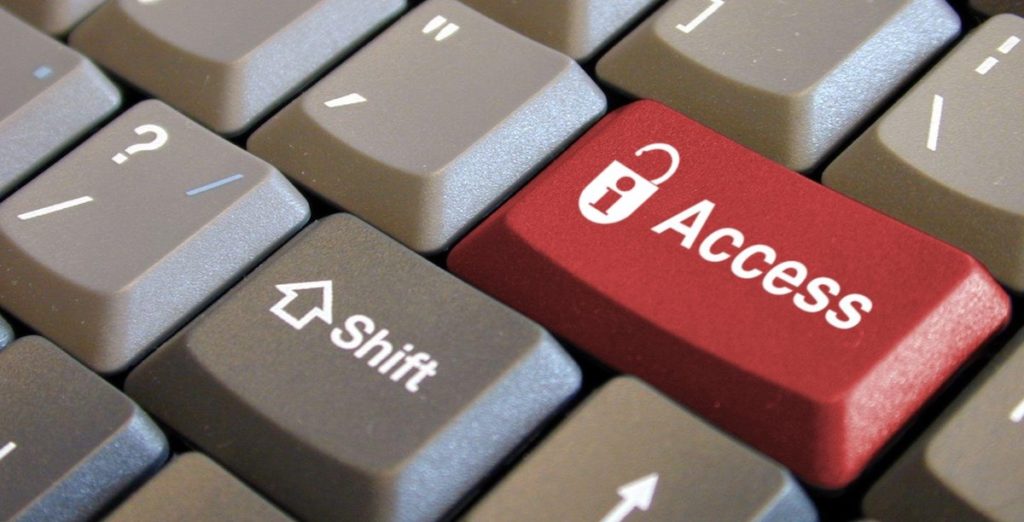By: Chelsea Perry
Starting in April 2019, UPEI will fall under the newly amended FOIPP Act, the final university body in Canada to abide by legislation of that nature.
FOIPP, or the Freedom of Information and Protection of Privacy Act, serves to hold government bodies accountable to the general public. Under this act, the public can submit requests for government records, including emails and personal files.
In June of 2018, new legislation was tabled in the provincial legislature that would bring post-secondary educational institutions under this act. This applies to UPEI, Holland College, and Collège de l’ÃŽle.
Back in 2004, UPEI created a policy aimed at responsibly using and disclosing personal records, while protecting confidential information. This policy was revised in 2016, and became the Access to Information and Protection of Personal Information and Privacy Act.
Under this act, what information gets disclosed ultimately comes down to what administration deems appropriate, as evidenced by the lengthy lists of exceptions and exemptions listed in the document, one of which refers to any information that “may be harmful to the interests of the University, a third party, or an individual†or “may negatively affect a relationship important to the Universityâ€.
Peter Rukavina was one of eight individuals who has attempted to access information under this policy. In a blog post, he outlines his journey to discover the make and model of cars driven by UPEI students, as a way to exercise the new policy. Rukavina writes that “people aren’t exactly breaking down the door under the aegis of this new policy. That’s a shame: the only way to understand a policy, and to point out opportunities for improving it, is to take the policy out for a ride.†On top of a $166 bill at the end of his project, he pointed to the time consuming data manipulation on the administrative side being a sign that the system was not “built with openness in mindâ€.
Under the FOIPP legislation, UPEI can anticipate a few changes to the process of requesting access to information, one of which being the cost. Applicants now will only be charged $5 at the initial point of contact, rather than $25, falling in line with provincial standards.
The time frame of completing requests will also be modified. Patty Wheatley, Chief Access to Information and Privacy Officer at UPEI, stated that though every request is different and some may allow for extension, “FOIPP requires a public body to make every reasonable effort to respond within 30 daysâ€.
The incoming FOIPP legislation is not retroactive, meaning that only files created after April 2019 will be able to be requested.
For a full list of exemptions and exceptions to records which may be accessed, please view the amended act linked above.
Photo: About Niagra
